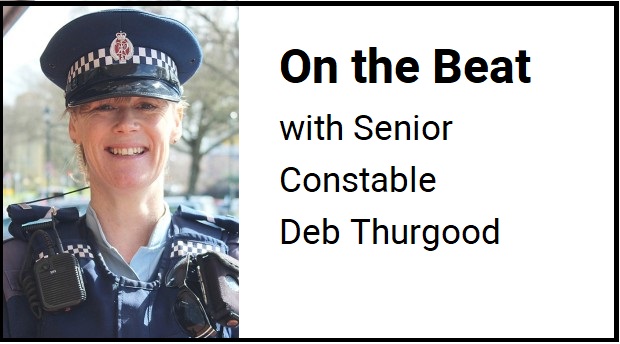
Hamilton District Court
Greetings all, I hope you have had a good week and our families are enjoying a break from school routines.
This week I wanted to explain bail conditions as it is a topic that people regularly question. If someone is charged with a crime, they may be summonsed (with no conditions other than turning up to court on the first hearing date), released on bail or held in custody to appear on the first appearance hearing day.
There are two types of bail – Police Bail and Court Bail. Police bail applies when a person is first arrested and charged, then released from a police station to appear in court on a future date, upon acceptance of specific conditions. Court bail is when a person has made their first appearance in court and is released until their next court date, again contingent on signing a bail bond (with conditions listed).
In either case, bail conditions vary depending on the offence. They will however almost always include: to reside at a specific address, not to contact/associate (directly or indirectly) with any victims/witnesses and not to go near certain relevant addresses. Other common conditions include not to “offer” violence to person or property, to abide by a home based curfew (for example 7pm – 7am) and not to consume alcohol or illicit drugs.
The conditions applied must be appropriate for the circumstances of the offence and are there for good reason. They are designed to prevent interference with witnesses or evidence, reduce further victimisation and prevent further offending.
Police enforce bail conditions, and a person may be arrested and brought back before the court without delay if they are found to be breaching any conditions. While a warning may sometimes be appropriate for a first-time breach, a series of repeated breaches may lead to Police opposing bail and the courts remanding a person in custody until their next hearing date instead. (This means they are held in remand cells at a corrections facility such as Springhill.).
This is naturally more likely if the person has either a history of breaching bail conditions or of committing offences while already on bail for others.
So, what if you or someone you know needs to move house while on bail or wants to change their curfew due to work hours? The key thing is preparation. Where a permanent change is requested, a lawyer will be required to apply in advance for a bail variation through the courts – for example, to reside at a new address, before the move is made. If you move first, you risk being breached and possibly arrested. Police will also be given an opportunity to support or oppose the variation request. In verifiable and genuinely urgent or emergency short term situations, an exception might be possible via police.
I hope that explains bail for you all. If in doubt, always contact your lawyer. Have a great weekend, Deb









